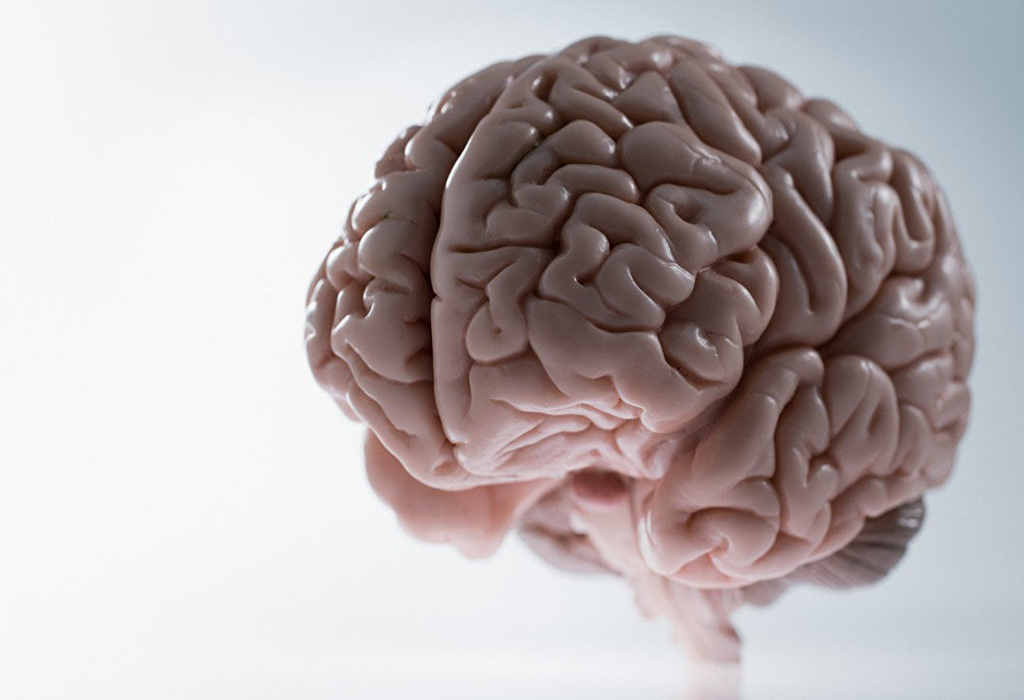The brain is the most multiplex organ in the human body. A person’s brain determines how they experience the world surrounding them. The brain weighs is about 3 pounds and contains almost 100 billion neurons — cells that carry information.
According to a survey from 2013, 65 percent of the people of America believe that they use only 10 percent of their brain.
But this is only a myth, in an interview of neurologist Barry Gordon in Scientific American. He explained that the majority of the brain almost always remains active.
The 10 percent myth was also explored in a study published Trusted Source in Frontiers in Human Neuroscience.
One common brain imaging technique is called functional magnetic resonance imaging (fMRI), which can measure activity in the brain during a person is performing different tasks.
Using this or similar methods, researchers show that most of our brain is in use mostly every time, even when a person is performing a very simple action.
When a person is resting or sleeping a lot of the brain is even active
The percentage of the brain in use at any given time varies from person to person. It also depends on what a person is doing or thinking about.
Where does the 10 percent myth come from?
It’s not clear how this myth starts, but there are several possible sources.
In an article published in a 1907 edition of the journal Science, psychologist and author William James argued that humans just use part of their mental resources. Yet, he did not specify a percentage.
The figure was referenced in Dale Carnegie’s 1936 book How to Win Friends and Influence People. The myth was described just like something the author’s college professor used to say.
There is also a belief among scientists that neurons make up around 10 % of the brain’s cells. This might have contributed to the 10 percent myth.
The myth has been repeated in films, articles, and TV programs which helps to explain why it is so widely believed.
Challenge your brain
Research indicates that activities like deep reading, chess, and crossword puzzles can lessen your risk of memory problems. Even more, better is a mentally stimulating hobby that involves a social component, such as a book club.
Eat well
A well-balanced diet improves all over health as well as brain health. Eating the right food reduces the risk of developing health conditions that can cause dementia.
Foods that promote brain health include:
- fruits and vegetables high in vitamin E, such as spinach, broccoli, and blueberries
- omega-3 fatty acids that can be found in fish, such as, mackerel, and albacore tuna, salmon
- foods rich in antioxidants, such as peanuts and walnuts
- fruits and vegetables high in beta carotenes, such as spinach, red peppers, and sweet potatoes










